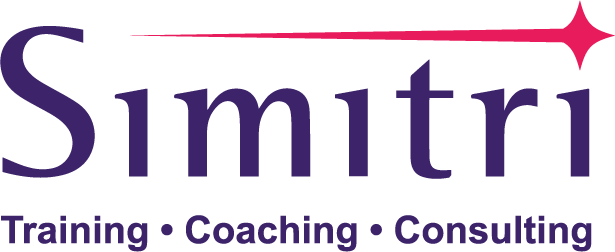Trust must be earned. It is not an automatic feature of a relationship that is only lost through intentionally bad behaviour. When developing any new relationship there are certain behaviours that will build trust and certain behaviours that will destroy it. The problem is we may not always be aware which side we are on. Here are five tips that can help you reinforce those actions that move you toward trust and eliminate those actions that do not. Tip 1: Perception is not always reality
When meeting a potential client, differentiate between their perceived and real needs. There may be some solutions or services the client thinks are needed. Their logic maybe driven by incorrect information or old data. It is your responsibility to help them uncover and accept their real needs. This builds trust when you successfully separate out their misconceptions and deliver insight. Done effectively, you will guide the client away from what is keeping them up at night, to what should be keeping them up at night. As a result, the client will appreciate and trust you more because they understand that order for this to happen, you must listen well, be prepared and deeply understand their business, market and industry.
Tip 2: Give advance notice
Don’t cold call. A potential client should not receive an unexpected phone call. Send a letter or email, or get someone to arrange an introduction - anything that prepares the ground. If the potential client replies that he / she is not interested, that's OK. At least they have considered your approach and its timing. Write back and continue the exchange. It may not be what you wanted, but at least you’re communicating.
Tip 3: Always have the future in mind
There are two types of client: those you work with today and those you will work with in future. Regardless of which category the client falls into, treat them all the same way. Those you are going to work with in future are already judging your technical. expertise, sector knowledge, skills and genuine interest. Treat them as if they are a client. Thinking about the future builds trust because where you set your mindset, your actions will follow. Prospective clients will also pick up on this dynamic and treat your relationship accordingly.
Tip 4: Trust begins in-house
Internal trust is very important for your external relationships. For example your colleagues won't recommend you to a client if they don't trust your ability to deliver. They may even be reluctant to introduce you if they think it will backfire someday. Such a lack of trust could be based on something you or your department did (or didn't do) in the past. It may be completely exaggerated or unfounded. Nevertheless, their perception is every bit as important as the facts of the case. Therefore, work as hard to build a level of trust with your colleagues as you would with your clients.
Tip 5: Know when to sell
Business and social networking events can be great places to identify potential clients. However, be careful because you don't want the prospective client to feel any "sales pressure" – this is no way to build rapport. Instead, confirm their level of interest, get contact details and offer to follow up with more information. After the event you can send a polite and professional email to invite them to catch up over coffee or in a more formal client meeting.
